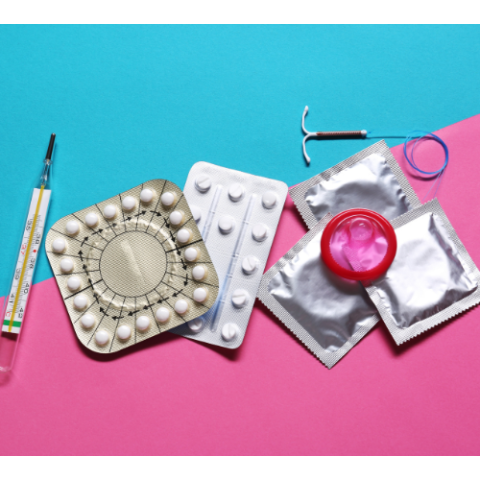World Contraception Day – make informed choices about your sexual and reproductive health

On World Contraception Day (26 September), the Public Health Agency (PHA) is reminding people where they can access contraception, and find out more about the different types available, to help make informed choices about their sexual and reproductive health.
Dr Rachel Coyle, Consultant at the PHA, said: “Access to both contraception and advice on the different types has never been easier, giving people the information, they need to choose the right contraception for them, allowing them to take control over their fertility and their body.”
Whether you are looking for alternative contraception or its your first time using contraception, the PHA’s sexual health website www.sexualhealthni.info is a good place to start. It gives information on all the different types of contraception, from condoms to pills that you take every day, to things like the contraceptive implant or contraceptive coil that can last for several years, along with details of where they are available.
Contraception is available for free across Northern Ireland from:
- Sexual and Reproductive health clinics – they provide the full range of free contraception, a list of which can be found at www.sexualhealthni.info/contraception
- SH:24 – this is a service that allows women and girls aged 16 and over to order free contraceptives online and have them delivered discreetly to their door. Find out more at www.sh24.org.uk
- GPs – your local general practitioner can provide advice and a range of free contraception.
- Common Youth – an organisation that provides a range of free contraception and free sexual health and wellbeing services for people aged under 25. Find out more at www.commonyouth.com
- C-Card scheme – this initiative is aimed at people aged 16-25 and provides access to free condoms and lubricants, as well as one-to-one advice about sexual health. Find out more at www.pha.site/C-CardInfo
- Community pharmacies – Emergency Hormonal Contraception, often known as ‘the morning after pill’, is also available free of charge through most community pharmacies in Northern Ireland. Find a pharmacy near you at www.pha.site/PharmacyFirstMap
Dr Coyle continued: “Different types of contraception work for different people at different times of their lives. It’s also important to remember that although contraceptive pills, implants and coils can prevent unplanned pregnancies, they don’t protect against STIs, so condoms are still important, especially with new sexual partners.
“The most effective types of contraceptives we have are the contraceptive implant and contraceptive coil. These can be accessed in sexual and reproductive health clinics across Northern Ireland, as well as through many GP practices.”
More information on looking after your sexual health and contraceptive services can be found at www.sexualhealthni.info
